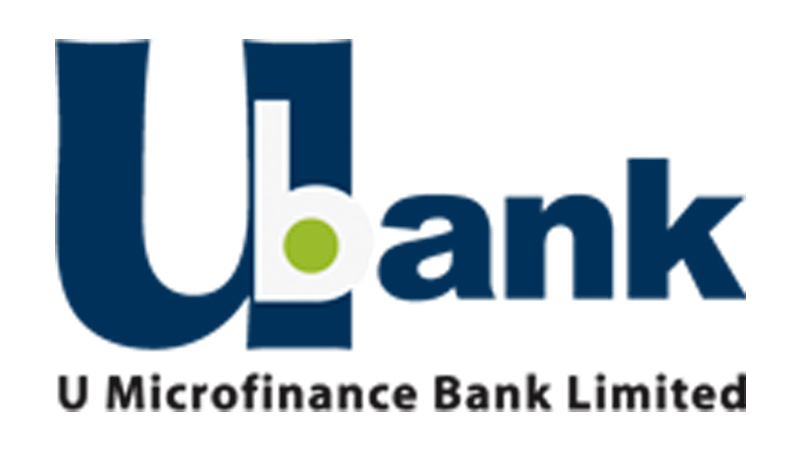 U Microfinance Bank Ltd. signed a grant agreement with Karandaaz Pakistan, with funding from Bill & Melinda Gates Foundation. The grant will help U Bank further its mission of financially including more women. U Bank won the grant through a competitive application process via Karandaaz’s Digital Experiments program.
U Microfinance Bank Ltd. signed a grant agreement with Karandaaz Pakistan, with funding from Bill & Melinda Gates Foundation. The grant will help U Bank further its mission of financially including more women. U Bank won the grant through a competitive application process via Karandaaz’s Digital Experiments program.
While uptake for digital financial services (DFS) remains low in Pakistan, the gap is especially wide when it comes to women. Only 7% of women in Pakistan are financially included, compared to 20% of men. Research shows that women are engaged in financial activity informally, especially when it comes to saving. While mobile money is becoming an increasingly popular mode of money storage internationally, in Pakistan adoption of mobile accounts continues to lag behind. Through this grant, U Bank seeks to test out interventions specially designed to encourage more women to become active users of digital accounts. The lessons learned through the experiment will be widely disseminated for the diffusion and uptake of best practices to push the entire ecosystem forward.
“U Bank looks forward to working with Karandaaz Pakistan over the next few months to generate new insights on the interventions that accelerate women’s usage of mobile wallet accounts”, shared Kabeer Naqvi, U Bank’s President, and CEO. “The digital future of the bank is already shaping up with the introduction of internet and mobile banking, deployment of ATMs and a fully digital loan application process. This research will help us further learn the most effective ways to extend our reach and reduce the gender gap within the digital financial services space”.
Ali Sarfraz, CEO Karandaaz Pakistan said, “Karandaaz is delighted to engage in this partnership with U Microfinance Bank Ltd. The focus of this support is to encourage digital financial service providers to use innovative approaches for promotion of inclusivity in general and women’s financial inclusion in particular using A/B testing. We hope that these experiments will help in identifying the drivers that can promote mobile account usage by women who otherwise find it hard to access traditional banking avenues. The expected outcome is the conversion of in-active users or non-users by trying variations in communication strategy, product features and digital transaction costs. We are excited about our partnerships with different DFS providers for generating insights about digital account usage and look forward to deepen our engagement with them to support such initiatives.”
Karandaaz is onboarding partners on a rolling basis to conduct digital experiments in partnership with DFS providers to address the barriers related to uptake and active usage of digital accounts. Interested parties can apply to Karandaaz for support to conduct experiments for testing ideas, products, services, and incentive structures that can potentially accelerate the uptake of DFS by excluded and underserved segments, especially rural women. AB testing will be conducted through these experiments to extract results. The lessons learned through these experiments will be widely disseminated for the diffusion and uptake of best practices by the DFS practitioners.